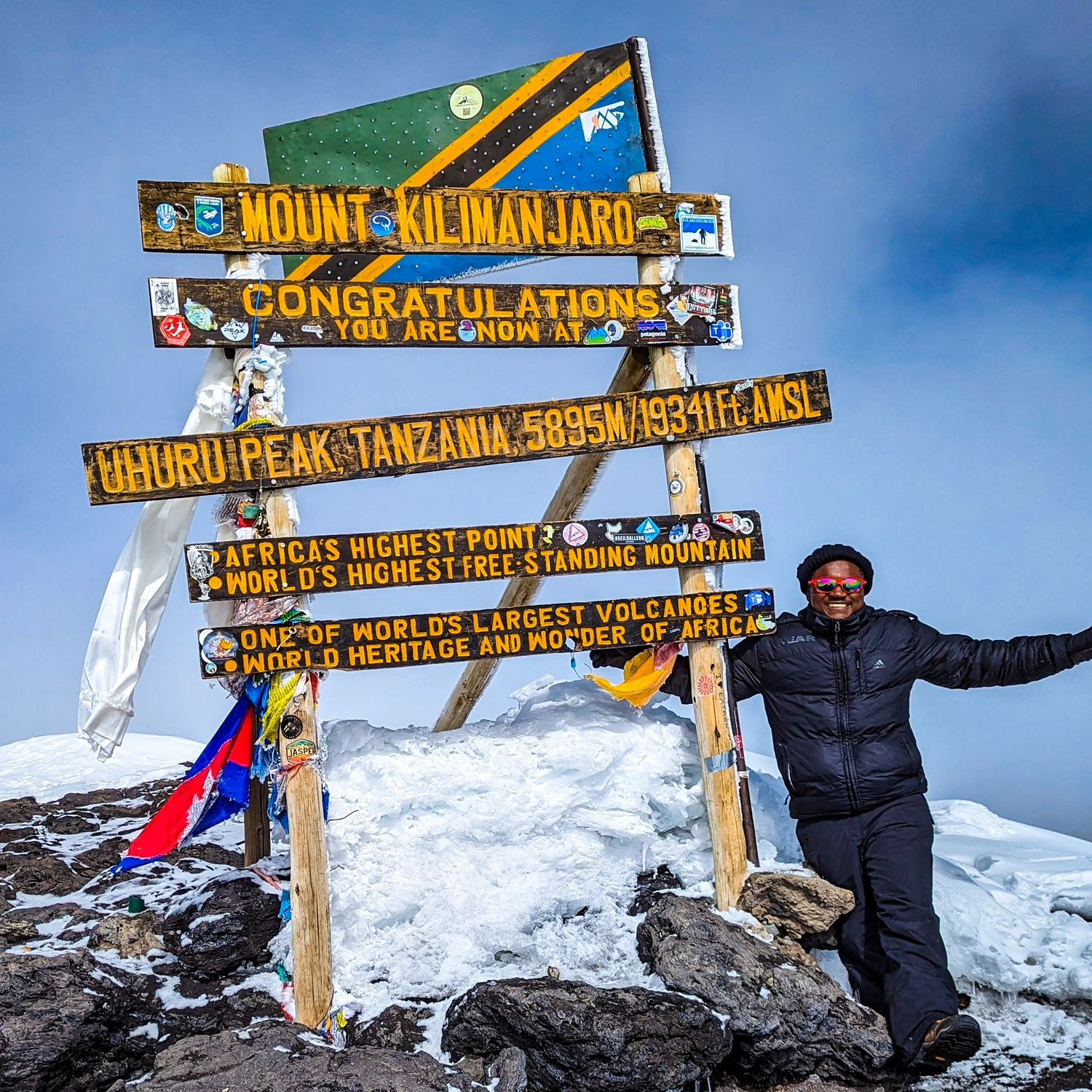Kilimanjaro Made Easy: Your Guide to Summit Preparation
- 05/02/2024
- 4 Min Read
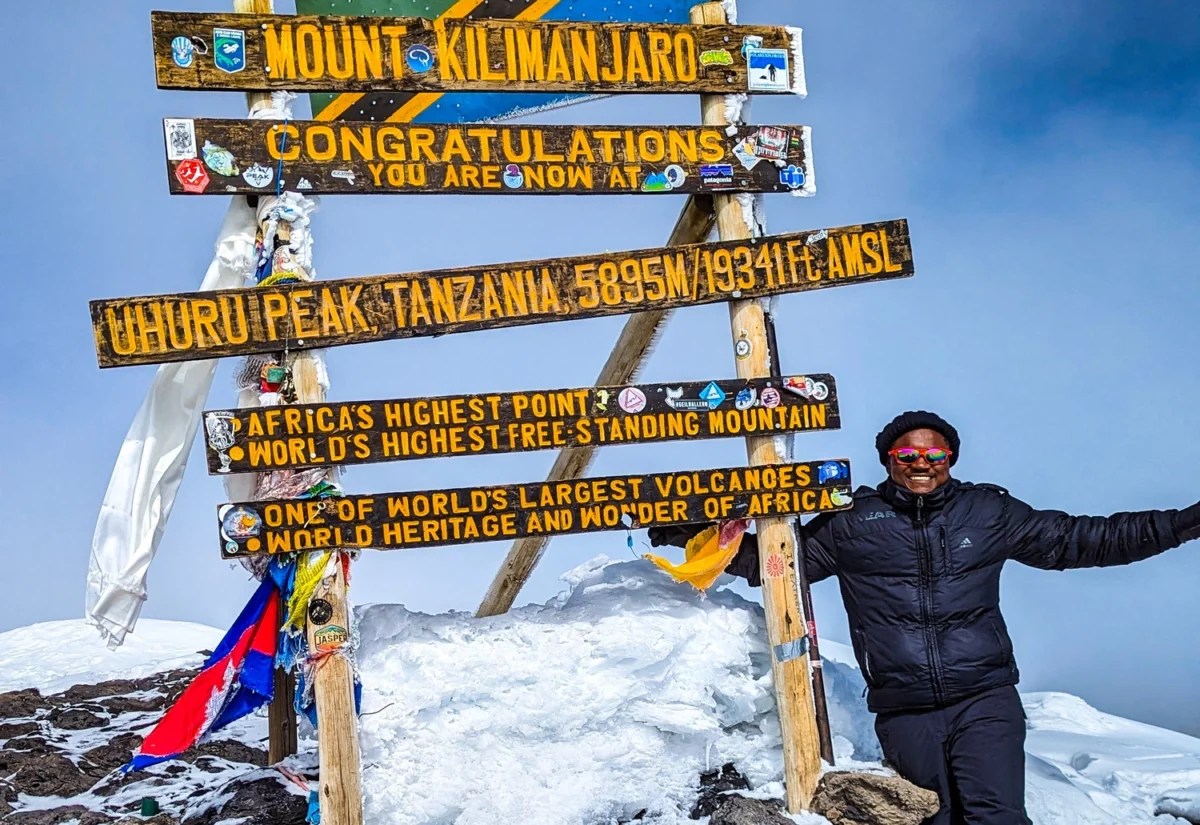
Mount Kilimanjaro, Africa’s highest peak, is a dream destination for adventurers worldwide. Standing at nearly 6,000 meters, this majestic mountain offers a challenging yet rewarding experience for climbers of all levels. Whether you’re a seasoned mountaineer or a first-time hiker, proper preparation is key to ensuring a safe and successful summit. In this guide, I’ll walk you through everything you need to know to conquer Kilimanjaro, from mental and physical preparation to choosing the right gear and tour company
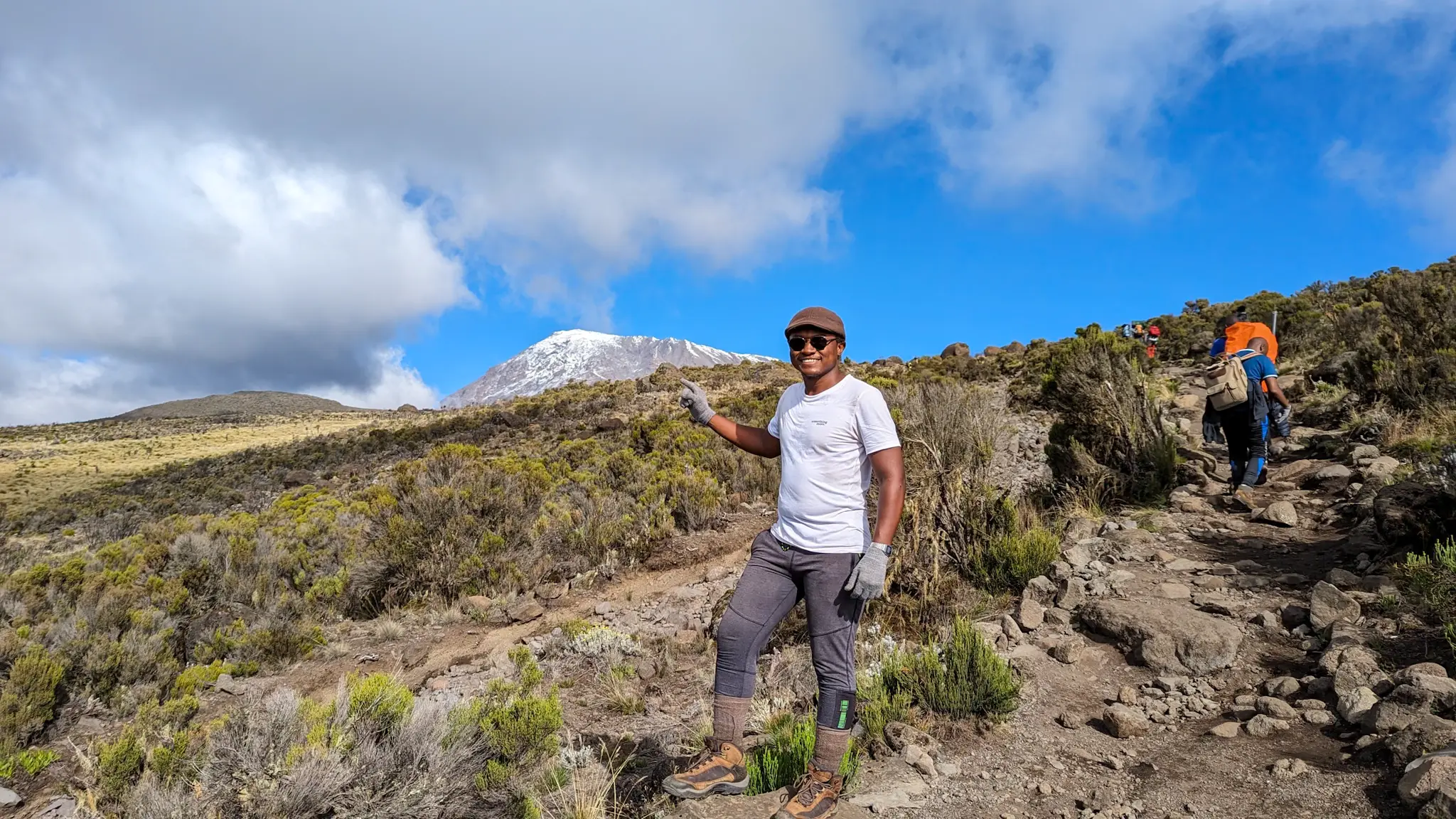
1. Mental Preparation: Build Resilience for the Challenge
“It’s not the mountain we conquer, but ourselves.” – Sir Edmund Hillary
Kilimanjaro is as much a mental challenge as it is physical. Are you ready for days of uphill trekking, sometimes 6-8 hours at a stretch? Summit day is particularly demanding, beginning at midnight and lasting 12-16 hours. The ascent to Uhuru Peak takes approximately 6-7 hours, followed by the descent back to camp. Cultivating mental resilience is crucial. Prepare yourself for the long hours, potential discomfort, and the sheer willpower needed to push through when things get tough
2. Physical Fitness: Train Your Body for the Climb
Kilimanjaro requires physical fitness, even on non-technical routes. Train with regular exercise, including walking, hiking, running or cycling, and strength training, focusing on legs and core for 2-3 months before the summit. Crucially, prepare for heavy safari boots, which you may receive late. Strengthen legs and ankles with stair climbing, calf raises, and ankle rotations. Upon receiving your boots, wear them around camp to break them in quickly. Pack blister prevention supplies and prioritize foot care
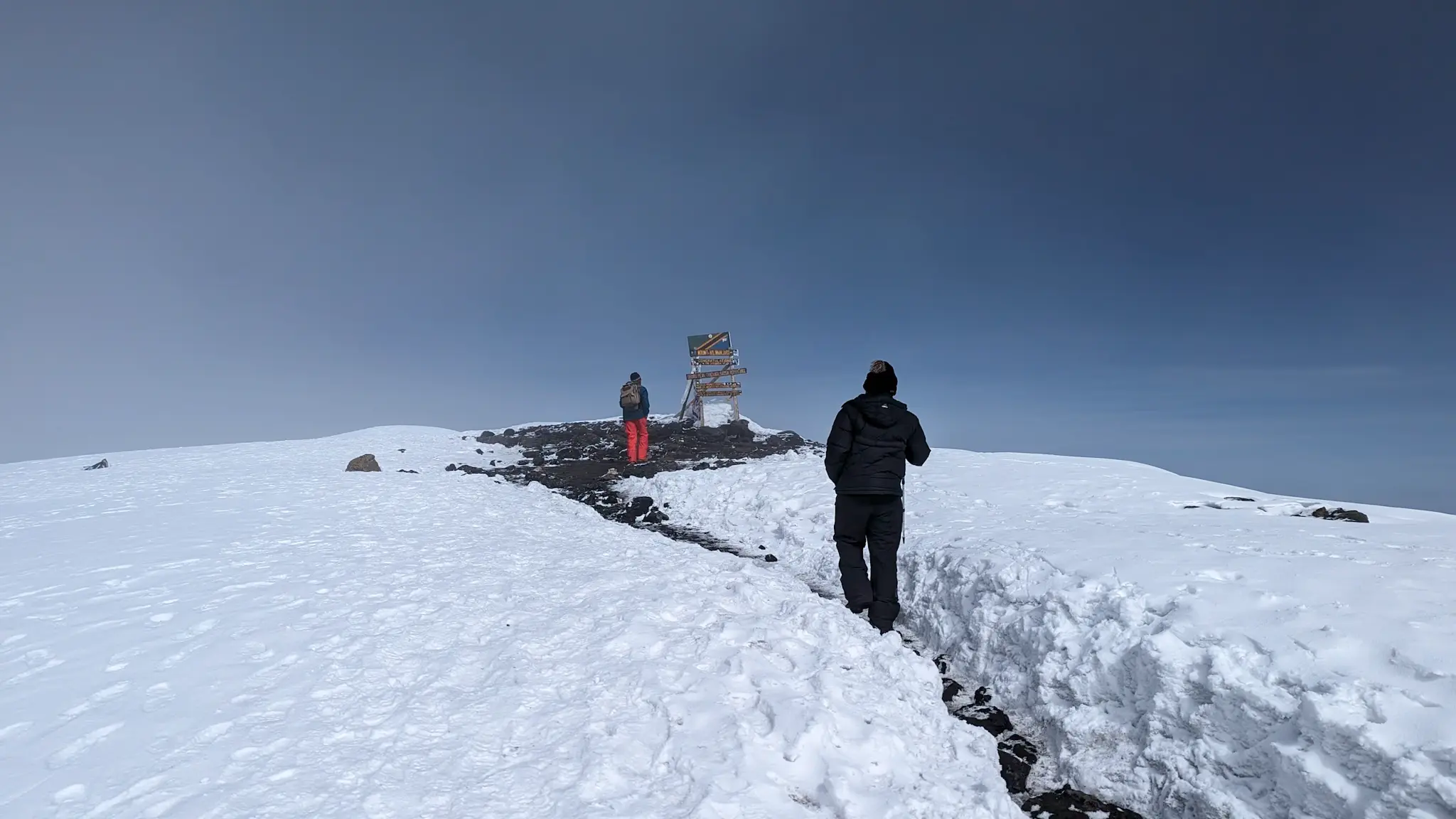
3. Health and Nutrition: Fuel Your Body for Success
Proper nutrition and hydration are vital for maintaining energy levels at high altitudes. Drink plenty of water to combat the effects of altitude sickness, and consume a balanced diet rich in protein and carbohydrates (usually provided by your guides). At a personal level, pack easily digestible snacks for quick energy boosts on the trail. Hydration is key to preventing headaches and fatigue. Protect your skin from the harsh sun and wind, especially on summit day, with sunscreen and lip balm
4. Choosing a Tour Operator: Your Essential Partner
Solo climbs on Kilimanjaro are prohibited, and for good reason. A reputable tour company will handle logistics, provide essential gear and ensure your safety throughout the climb. They’ll also arrange for porters to carry your equipment, allowing you to focus on the hike itself. When selecting a company, consider factors like cost, route options, and reviews from previous climbers
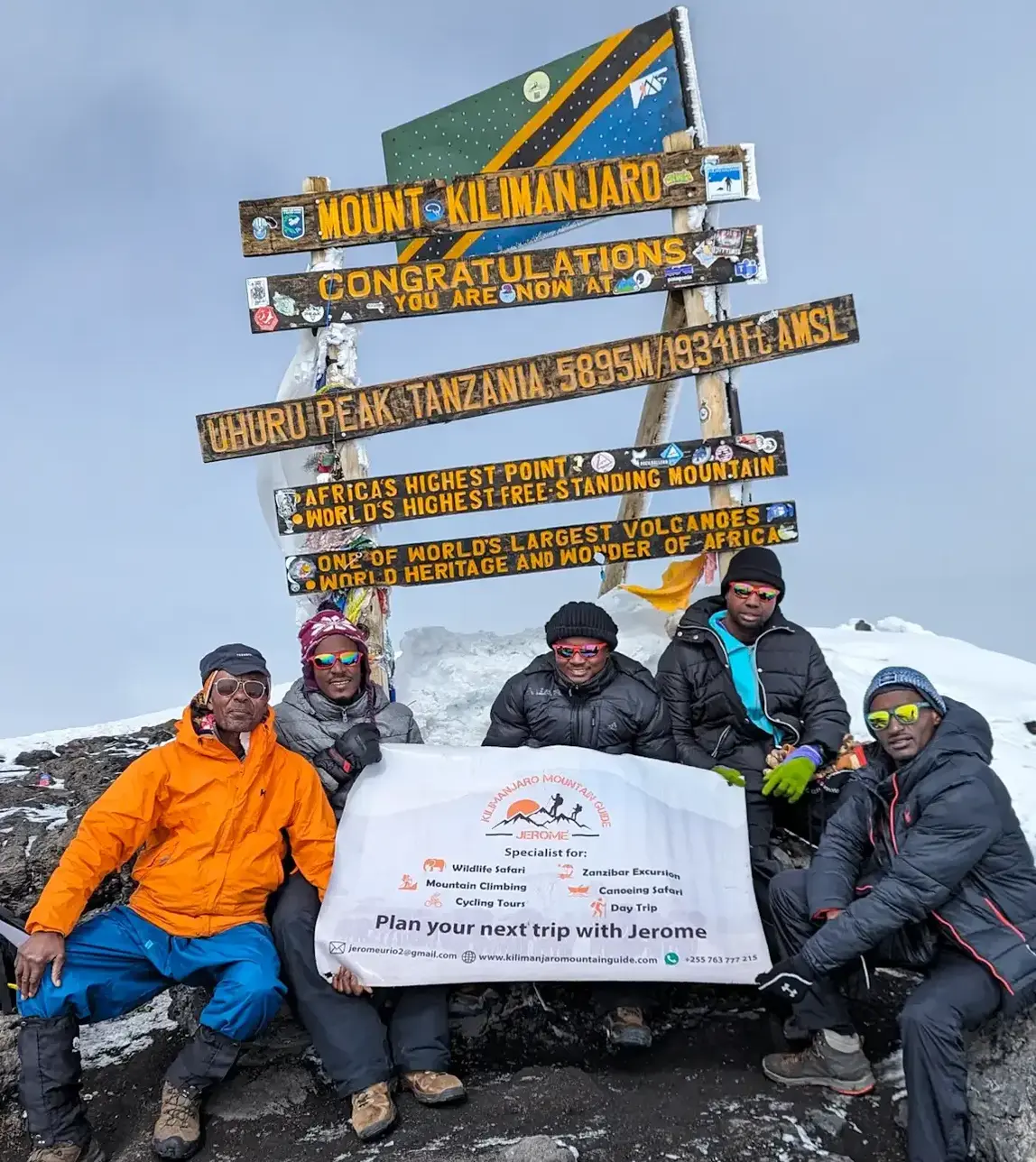
5. Tour Costs & Tipping: Budgeting Your Adventure
Tour costs vary depending on nationality, route, and season. Budget at least $600 for Tanzanians and East Africans, and double that amount for foreigners. Tipping porters is customary and greatly appreciated for their hard work. While the amount isn’t fixed, any contribution is usually appreciated
6. Selecting Your Route: Charting Your Course
Kilimanjaro offers seven distinct routes, each with its challenges and rewards. The Marangu route offers hut accommodation, while other routes typically involve camping in tents provided by your tour operator. Consider your fitness level, preferences, and available time when choosing a route. Discuss options with your tour operator, who can provide expert guidance depending on several factors. Also, it’s important to follow their guidance and advice while hiking since they are more knowledgeable about the mountain and, technically, you are their liability
7. Faith & Prayer: Embracing the Journey
“The horse is made ready for the day of battle, but victory rests with the Lord.” – Proverbs 21:31 NIV
I believe in God and the power of prayers. A lot may happen during the summit – altitude sickness, lack of oxygen, fatigue, accidents, and several other things. Not everyone makes it to the top and, to some, the attempts end up being fatal. It’s therefore very important to commit your entire hike to God for his protection. “The horse is made ready for the day of battle, but victory rests with the Lord.” – Proverbs 21:31 NIV
